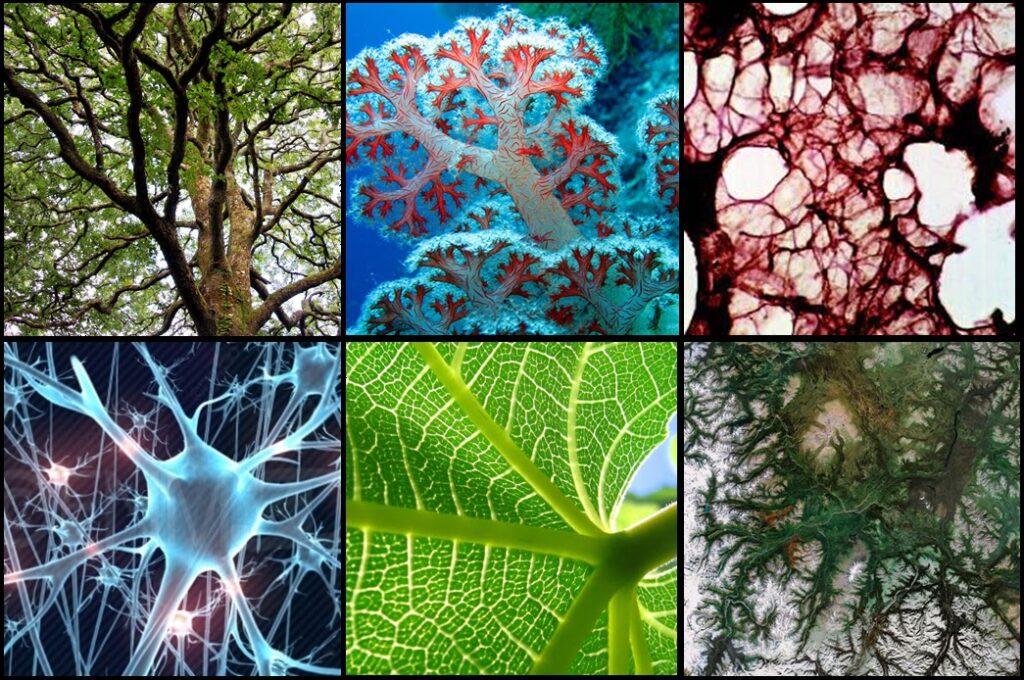
In a previous column about consciousness, I proposed that it is a matter of degree, stretching from the microscopic to the macroscopic, from the sub-atomic to the super-massive, and everything in between. In the smallest, single-celled organisms, consciousness appears as simple awareness, which is to say sentience – behaviors of attraction and repulsion – that enable them to experience and respond to their surrounding environment. Thus, even single-celled life can be said to have a degree of consciousness.
As the complexity of life increases, so does the complexity of consciousness, increasing from simple awareness to introspective sense-of-self and higher intelligence. Both plants and animals exhibit consciousness, although in plants it is displayed quite differently than in animals. As our understanding of plants has increased, we now know that they have a variety of ways to communicate about conditions and respond to threats, just as animals do.
Beyond the threshold of human beings, for whom intellect is paramount, a conscious living system endures with intelligence without intellect; this is very difficult to imagine and for some of us, to accept. Our experience of consciousness is tightly bound to our intellect, the mental activity that inclines us to think about outcomes and make logical plans for the future. Like consciousness, intelligence is also a matter of degree. Squirrels, for example, can learn about food sources and remember where they bury nuts, but without intellect are unable to fabricate stories about it to pass on to future generations.
Human intelligence, which should be distinguished from wisdom, and the intellect it engenders dominates our experience of being; we are thinkers. Using yet another aspect of consciousness – imagination – we construct language-based, symbolic modes of thought for both internal and external communication. For all intents and purposes, our thinking, intellectual selves are our conscious selves, thus the idea of consciousness without intellect seems implausible even though examples of it are all around us. Consciousness is not synonymous with intellect, and conflating the two gets us into trouble. Proposing, for example, that the entire living system of earth is an expression of consciousness has led to the idea that only a self-conscious, intelligent, god-like creator could be responsible.
An alternative line of thought is that life began as an accident, the result of the happenstance combination of random materials and encouraging conditions, and that consciousness and all of life spontaneously emerged from non-living material. This is possible, of course, but scientists have been trying hard to replicate the combination of life-creating materials and supportive conditions for many decades, entirely without success.
However, if one allows for the primacy of consciousness without intellect, that no thinking, god-like entity is necessary or required and rather, that the seed of consciousness is inherent in all matter, then the idea of a conscious universe makes more sense, as does all that’s happened and is happening.
Human beings, as expressions of universal consciousness, also enjoy freedom, which like consciousness and intelligence is a matter of degree. At the sub-atomic level, freedom in the quantum realm is inherent; uncertainty is the rule. As complexity increases, the degree of freedom changes. When the uncertainty of the quantum realm is scaled up to the human level, that uncertainty manifests as freedom of thought, word, and deed. Within the confines and limitations of our wonder-filled universe, freedom means outcomes are open-ended, not predetermined; the choice of how to exercise that freedom is up to each of us.
Nice Larry. One of your greats.
DrP